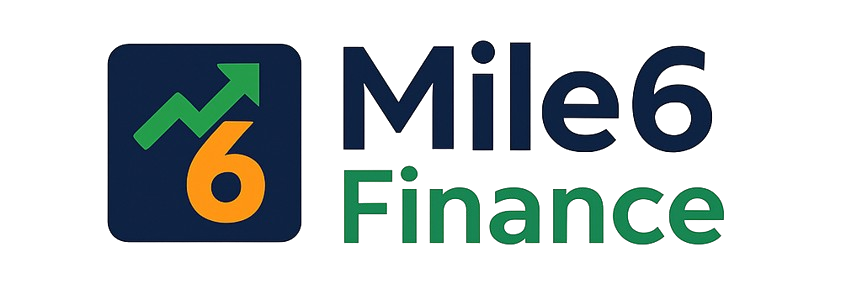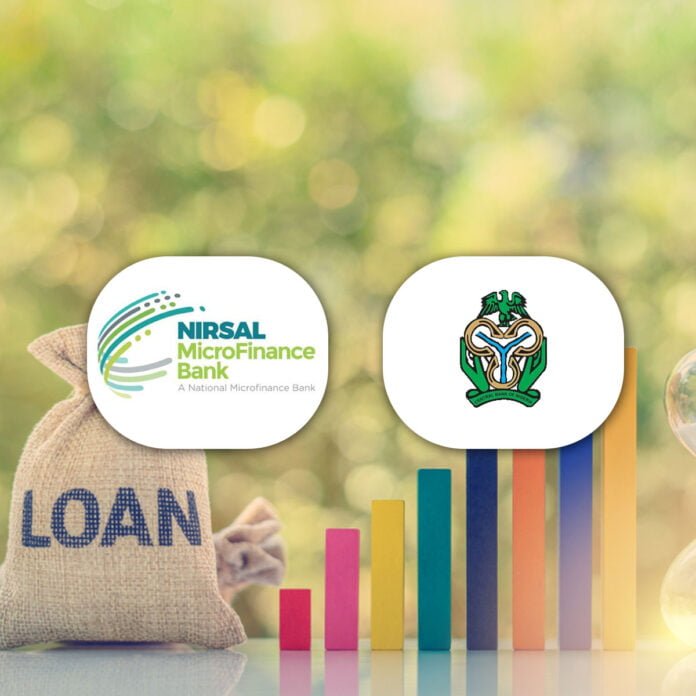Introduction to NIRSAL MFB Loans
The NIRSAL Microfinance Bank (MFB) plays a pivotal role in Nigeria’s financial ecosystem, particularly in supporting small and medium-sized enterprises (SMEs) and individual entrepreneurs. Established with a clear mission to enhance financial inclusion, NIRSAL MFB aims to provide accessible and affordable financial services to underserved populations. The bank’s efforts are geared towards fostering economic development by offering tailored financial products that meet the unique needs of SMEs and individuals.
NIRSAL MFB’s primary objective is to bridge the financing gap that hinders the growth of SMEs, which are crucial to Nigeria’s economic landscape. By providing loans, the bank facilitates the expansion of businesses, thereby contributing to job creation and poverty alleviation. The emphasis on SMEs stems from their significant potential to drive economic growth, innovation, and competitiveness within the country.
In addition to supporting SMEs, NIRSAL MFB also addresses the financial needs of individuals, particularly those who lack access to traditional banking services. This focus on financial inclusion ensures that more Nigerians can participate in economic activities, thereby fostering a more inclusive and sustainable economic environment.
Since its inception, NIRSAL MFB has made notable strides in achieving its objectives. The bank has successfully disbursed loans to a myriad of businesses and individuals, demonstrating its commitment to financial inclusion and economic empowerment. Through its innovative financial products and services, NIRSAL MFB has built a reputation as a key player in Nigeria’s financial sector, dedicated to transforming the lives of many Nigerians.
Overall, NIRSAL MFB’s role in Nigeria’s economy cannot be overstated. By facilitating access to finance for SMEs and individuals, the bank not only supports entrepreneurial activities but also contributes to broader economic development goals. Its ongoing efforts underscore the importance of financial inclusion as a catalyst for sustainable growth and prosperity in Nigeria.
When considering financial support options in 2024, NIRSAL Microfinance Bank (MFB) offers a diverse range of loan types tailored to meet various needs. Understanding these loan categories can help you determine which is best suited for your circumstances.
Agribusiness Small and Medium Enterprise Investment Scheme (AGSMEIS) Loan
The AGSMEIS loan is designed to support small and medium agribusiness enterprises. Its primary purpose is to promote sustainable agricultural practices and increase productivity. Target beneficiaries include farmers, agribusiness entrepreneurs, and agricultural cooperatives. Loan amounts can range up to N10 million, with an interest rate of 5% per annum. The repayment terms extend up to seven years, depending on the business’s cash flow and project specifics. An example of a beneficiary is a small-scale poultry farmer who expanded operations and increased output significantly due to the AGSMEIS loan.
Anchor Borrowers’ Program (ABP) Loan
The ABP loan focuses on empowering smallholder farmers to boost agricultural output and ensure food security. It connects small farmers with large-scale processors who act as anchors, facilitating a reliable supply chain. Beneficiaries primarily include smallholder farmers cultivating staple crops such as rice, maize, and wheat. Loan amounts vary based on the crop and acreage, with a favorable interest rate of 9% per annum. The repayment period is typically tied to the crop cycle, ensuring that farmers can repay after harvest. A real-life case involves a rice farmer who, through the ABP loan, scaled up production and contributed significantly to local food supply.
Micro, Small and Medium Enterprises Development Fund (MSMEDF) Loan
The MSMEDF loan supports a broad range of micro, small, and medium enterprises (MSMEs) across various sectors, including manufacturing, services, and trade. This loan aims to promote entrepreneurship and job creation. Target beneficiaries are MSMEs looking to expand or modernize their operations. Loan amounts can reach up to N50 million, with interest rates as low as 9% per annum. Repayment terms are flexible, depending on the business type and loan size. For instance, a small retail business owner used the MSMEDF loan to upgrade inventory systems and expand the store, resulting in increased sales and customer satisfaction.
Eligibility Criteria and Application Process
Understanding the eligibility criteria for the NIRSAL MFB loan is crucial for any prospective applicant. First and foremost, applicants must be Nigerian citizens or businesses registered in Nigeria. Individuals should be aged between 18 and 55 years, while businesses must demonstrate a viable business plan. Additionally, applicants must have a verifiable means of identification, such as a National ID card or International Passport, and must provide proof of residence.
Creditworthiness is a significant factor in the loan approval process. While a perfect credit score is not mandatory, applicants should have a reasonable credit history without any major defaults. It is advisable to obtain a credit report beforehand to identify and rectify any discrepancies. A solid business plan is also essential. This plan should clearly outline the business objectives, market analysis, financial projections, and how the loan will be utilized to achieve these goals. For businesses, previous financial statements may be required to demonstrate profitability and sustainability.
READ> The Truth About Easybuy Nigeria Loans: More Disastrous Than Good
The application process for a NIRSAL MFB loan involves several steps. Initially, potential applicants should make an inquiry either online or by visiting a NIRSAL MFB branch. Following this, they need to complete an application form and submit the necessary documentation, including identification, business plan, and financial statements. After submission, the application undergoes a review process where the creditworthiness and feasibility of the business plan are evaluated. If the application is approved, the loan agreement is signed, and the funds are disbursed into the applicant’s account.
To improve the chances of loan approval, applicants should ensure all documentation is complete and accurate. Maintaining a good credit history and preparing a comprehensive business plan can significantly enhance approval prospects. Common challenges faced during the application process include incomplete documentation and inadequate business plans. These can be mitigated by seeking advice from financial advisors or utilizing resources provided by NIRSAL MFB to better understand the application requirements.
Pros and Cons of NIRSAL MFB Loans
When considering a NIRSAL MFB loan, it’s crucial to weigh both its advantages and disadvantages to determine if it aligns with your financial goals and needs. One of the primary benefits is the competitive interest rates offered by NIRSAL Microfinance Bank. These rates are often lower than those provided by traditional banks, making it an attractive option for small and medium-sized enterprises (SMEs) looking to minimize borrowing costs.
Another significant advantage is the potential for business growth. NIRSAL MFB loans are designed to support various business activities, from start-up costs to expansion plans. This financial support can be a catalyst for business development, enabling entrepreneurs to scale their operations, invest in new technologies, or enter new markets. Additionally, NIRSAL MFB provides comprehensive support in terms of financial literacy and business advisory services. These resources can be invaluable for borrowers, offering guidance on effective financial management and strategic planning.
However, there are also several drawbacks to be aware of. One notable concern is the risk of defaulting on the loan. Like any financial obligation, failure to meet repayment terms can have serious consequences, including damage to credit ratings and potential legal action. It’s essential for borrowers to assess their repayment capabilities thoroughly before committing to a loan.
Another downside is the stringent eligibility criteria imposed by NIRSAL MFB. The application process can be rigorous, requiring extensive documentation and proof of financial stability. This can be a barrier for some potential borrowers, particularly those who may not have a well-established credit history or sufficient collateral.
Lastly, the application process itself can be time-consuming. The thorough vetting procedure, while ensuring the bank’s security, can delay access to the needed funds. This may not be ideal for businesses requiring immediate financial intervention.
Overall, while NIRSAL MFB loans offer numerous benefits, they also come with certain challenges. Prospective borrowers must carefully evaluate these factors to determine if this financial product is the right fit for their needs in 2024.










